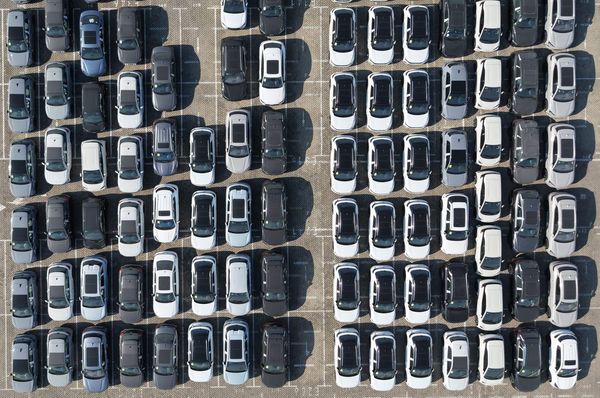
Who gives a stuff about the surplus?
Susan Berryman writes: I’m with Jacqui [Lambie] on this one. How about lifting the unemployed out of dire poverty and fully funding public schools? Then there would be something to brag about.
Paul Coghlan writes: No doubt most punters would not have a clue about the difference between a budget surplus and a deficit. That’s why we have economists to explain the difference to those who may be marginally interested. A surplus, of course, does matter, even if backyard yahoos like Jacqui Lambie with a low level of economic literacy don’t have a clue.
The RBA will certainly be taking notice of the surpluses as they make a call on interest rates later this year.
Peter Whalley-Thompson writes: When I was studying economics at university in the mid-1980s, some commentator on the radio was talking about Paul Keating’s surplus and tripped over his words, calling it a “durplus”.
That term stuck with me because it seems that every time the federal government claims to be “responsible” for collecting more money than it distributes, the surplus is simply a measure of the deficit in the pockets of the rest of us, whether it’s via an inadequate social wage or an investment in the infrastructure we need for future changes.
So there’s Jim, out there as Rachel [Withers] says, madly bidding for approval from the very people who will never give it to him, and failing completely to do anything for the people who might vote for him (again) if he just wanted to invest in a more equitable and future-looking Australia.
Glenn Jones writes: For too long we have been hung up on a surplus. Used as a tool by the Liberals and the right-wing media in the Howard era, it is not the be all and end all. As a matter of fact, it shows how we are influenced by the media for the worse.
At the moment we should be helping those in need. How can we get those without housing in homes? How we can lift those not so fortunate in our country? But because of pressure, mainly from the media and the opposition, here we are crowing about a surplus as many in our land suffer.
The whole focus of government has been lost for many years and this is just more evidence of our wayward way.
Ray Armstrong writes: Jim Chalmers’ record twin surpluses are to be applauded in these difficult economic times. No doubt he will always be compared with Peter Costello, who was treasurer during a healthy global economy.
Chalmers, though, did not sell off billions of taxpayer-owned assets, including our gold reserves, for a song to achieve his surpluses as Costello did. Also, Chalmers did not have a $320 billion resources boom windfall cascade into his lap. Costello enjoyed rivers of taxation revenue to the point that if he had the same revenue stream Kevin Rudd had during the global financial crisis, nine of his surpluses would have been in deficit.
That said, don’t expect any credit from Peter Dutton, Sky, 2GB or the Murdoch press.
Simon Mansfield writes: The story is how the rest of the media, and Crikey itself, have chosen to report on this issue. That’s the actual story to analyse and to follow where it leads to in terms of public policy execution. But instead, Crikey, just like News Corp, has found a negative twist to put on the story.
Brett Hitchens writes: A federal government surplus means that money is being withdrawn from the private sector. Its only purpose is to add some numbers to a notional government scoreboard. Consecutive surpluses often precede recessions.
Cameron Davey writes: I am absolutely not impressed by the budget surplus Jim Chalmers is spruiking. Chalmers seems only focused on trying to rub the Coalition’s noses in it, which seems to be the only motivating force to even have a surplus. Pointless!
We have people struggling to get the healthcare they need in an allegedly universal healthcare system, people struggling when unemployed, and people struggling even when employed to feed and house themselves. We have billionaires, and now a government that has billions up its sleeve, in a country that lets so many people struggle. When did we become such a greedy and cruel country?
Brett Leslie writes: [The surplus is] important for several reasons. First, it demonstrates spending restraint to reduce inflation. Second, it demonstrates appropriate government finances to battle the myth a Coalition government will do a better job. Three, it puts the budget in a better condition for the next downturn.
And we could also say, four, it has helped the government reduce some long-term debt, which in turn reduces future interest rate payments. This article demonstrates that Labor is damned if they do show restraint on spending to reduce inflation, and damned if they don’t spend more to reduce the cost of living pressures. Go figure.







